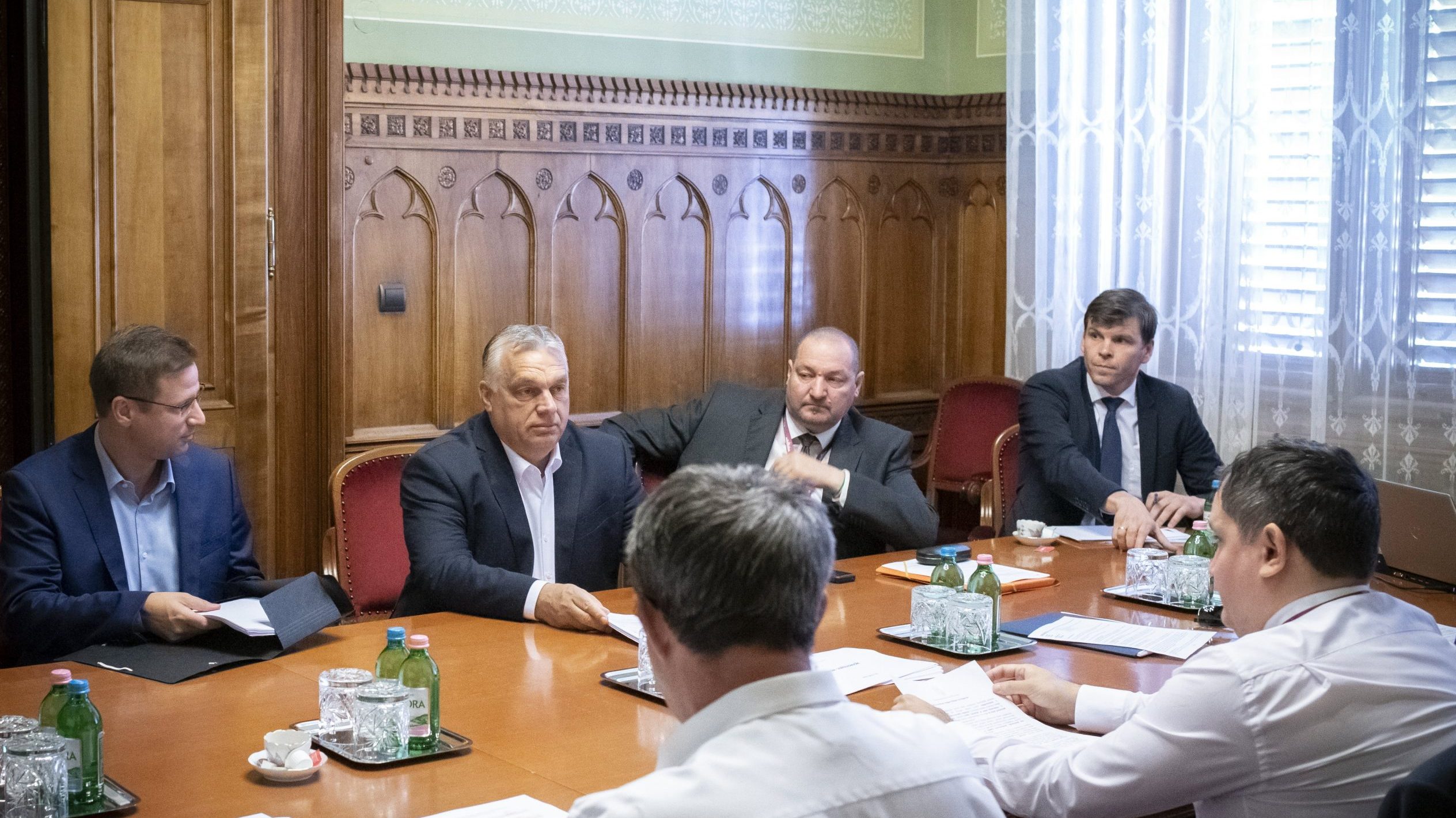
Mr. Speaker, Honourable Members,
Bearing in mind the gravity of the matter, the Government thought it appropriate that the Prime Minister should deliver this opening speech here today. The correct procedure would be for me to also listen to your contributions, and to answer them on their merits. I am asking you to exempt me from this duty, however, and to allow me to leave after this opening speech. To avoid any misunderstandings, I am only asking this for today’s sitting. In Bavaria this afternoon we are holding a joint commemoration event for the sixtieth anniversary of the 1956 Revolution, and therefore after my speech the Justice Minister will represent the Government in the debate. I ask for your understanding in this.
Mr. Speaker, Ladies and Gentlemen,
My message today is a continuation of that which I told you after the referendum, at our last sitting – and so now I shall not repeat what I said earlier. Why has a proposal been submitted for amendment of the Constitution? My proposal is based on the fact that on 2 October a new unity for Hungary came into being. The aspiration of this unity is to keep the country of Hungary a Hungarian country, and to preserve those things which our country has given its all in fighting for. As I see it, this new unity transcends party political boundaries: it is not right-wing or left-wing, but simply Hungarian. We must ask whether it is also necessary to express this new unity through a constitutional amendment – and if so, why it is necessary to do so. Our answer to this question is that, in addition to the migrant issue, the referendum was, in fact, about our constitutional identity.
Ladies and Gentlemen,
The question of constitutional identity is an important – possibly the most important – question for the future, and it is also the summation of our disputes with Brussels. We owe a debt of gratitude to the Justice Minister, who has written a superb book in which he summed up for us the issue of constitutional identity.
Honourable Members of Parliament,
I am convinced that this new unity has come into being to express the elemental demand arising from the spirit of the Hungarian people, which asserts that without our consent and approval no one may decide on who we should live together with and how. In my view, this new unity for Hungary is as broad, diverse and strong as it is because people sense that Hungarian sovereignty is once again in danger. It is in danger because international action has again been launched by those who believe that nations are no longer needed, that the world must be globally inclusive and that borders must be eliminated; action has been launched by those who dream of the world – or at least Europe – melting into a single vast mass, erasing traditions, cultures, languages and laws.
Ladies and Gentlemen, Mr. Speaker,
In Europe today a struggle is in progress. The massive population movement of the modern era has intensified this struggle. But in fact the migrant crisis is only a symptom, which has clearly revealed a fundamental question which is yet to be addressed. When we speak about a common Europe, do we want to preserve a Europe of nations, or do we want to build a European empire? Our community, this new unity for Hungary, wants nations to remain. In fact this is what we have confirmed through the agreement of 98 per cent of people in the referendum. We insist that every nation should have the authority to decide on its own fate. We want to preserve Europe’s diversity. In contrast to this, supporters of a United States of Europe and a new European empire want to eliminate nations, hand over the keys to Brussels, and replace responsible and democratic national decision-making with the directorate of a faceless bureaucracy.
Ladies and Gentlemen,
In the 20th century, everywhere it was always the concept of the nation which blocked attempts at imperial tyranny. Hungarian history gives clear enough proof that in a deteriorating geopolitical environment a nation can at any time slide back to the level of a nationality. To quote Kossuth, I can say that we Hungarians do not wish to be a national minority in Europe, but to remain a European nation. We Hungarians believe in the alliance of free European nations and countries, and we do not believe in an empire led from Brussels. This is what the current constitutional amendment is about. I ask my fellow Members of Parliament to briefly put aside party political considerations. On 2 October three million three hundred thousand left-wing, liberal, pro-Fidesz, Christian democratic and pro-Jobbik members of the electorate took a stand for Hungary.
I suggest that we follow their example. I ask you to support the Government’s motion.
